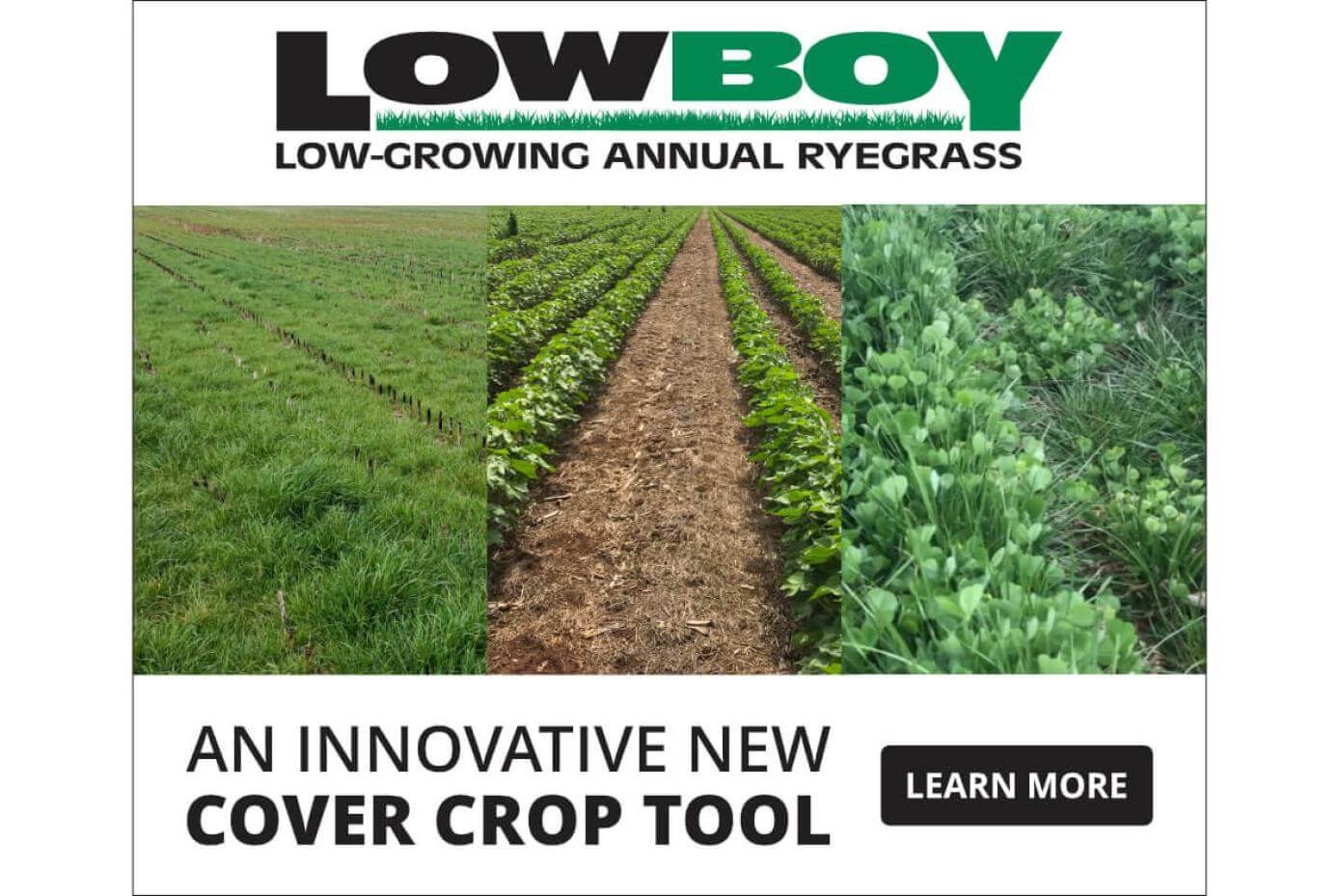Oregon Harvest/Market Update
In general, the Willamette Valley seed crops continue to look pretty good. We have had a mild winter, which has been good for the grasses. Unfortunately, it has also been good for the voles. There is a higher than average concentration, which will have an effect on the overall yield in the valley. These pesky critters have been eating the roots off of plants.
Not only has winter been mild, but spring has been both mild and wet. Again, the grasses are very happy. Looking at a few specific crops:
- Turnips - These have been cut for a week or so. Recent wet weather is likely reducing seed yield, with some reports of sprouting.
- Annual Ryegrass - This crop has been hit the worst by the voles. We would not be surprised if yields are slightly below average.
- Tall Fescue - Without the voles, the fescue crop has looked good. Because of them, we expect an average crop.
- Orchardgrass - this crop looks good and should be average to above average, as long as those voles don’t get it.
We anticipate that there will be a great deal of swathing activity next week, and barring any weather delays, harvesting beginning around the Fourth of July. Once the combines roll through the fields, we will be able to report some early yields. Oh, one other vole mention - their post-harvest presence, particularly droppings, can also cause problems with seed passing soil tests required by certain export countries!
Both domestic and international seed movement continues to be excellent, with little price movement in most crops. That said, forage fescues may be strengthening a small bit, and annual ryegrass continues to be a conundrum for both buyers and sellers of old crop and new. All the while, most domestic distributors report very good spring movement, little carryover, and a positive outlook for good seed sales this fall.
New Prices Bring Better Value to Specialty Seeds
We are pleased to announce new lower prices to two of our specialty seeds - LowBoy low-growing annual ryegrass and Renovation white clover. Both of these products have tremendous benefits to farmers. The reduced prices make them even more of a value. Here’s how:
LowBoy Low-Growing Annual Ryegrass
It's as easy to terminate as it is to plant, giving it an edge over traditional annual ryegrasses used for cover cropping. Its unique growing habit reduces weeds, yet allow for other cover crop species. It’s deep root system builds and mellows soil. LowBoy brings a new dimension to using annual ryegrass in cover crops. Visit LowBoyRyegrass.com to see why you should include LowBoy in your cover crop straight and mixed offerings.
Renovation White Clover
Renovation was bred with long-term survivability in mind. It's a big spreader. It also puts off an abundant amount of flowers, making it a natural reseeder. Plus, the flowers benefit pollinators. Watch the video to see why you should add Renovation to your white clover line-up, as well as include it in your wildlife and pollinator mixes. Renovation comes ready to plant with NitroCoat® inoculant in an attractive 25# bag.
